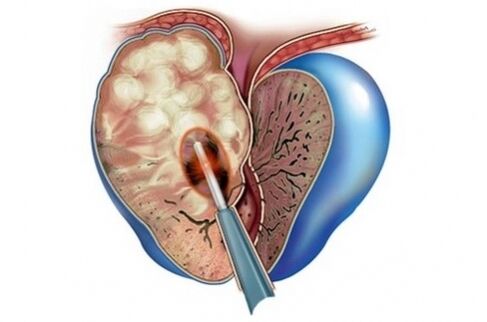
Causes of calculus prostatitis
Symptoms of calculus prostatitis
- Frequent urination;
- urinary incontinence;
- A small amount of blood appears in the semen;
- sexual pleasure;
- Erectile dysfunction.
Diagnosis of calculus prostatitis
- General urine test (to confirm the presence of blood, large numbers of white blood cells, protein, epithelial cells);
- General blood tests (increased erythrocyte sedimentation rate, increased white blood cell count);
- Spermogram (reduced blood, motility and sperm count observed);
- Measure prostate-specific antigen levels to detect tumors;
- Prostatic secretions are examined (amyloid bodies, more leukocytes, and epithelium are observed).
- You can find out directly if there are stones in the prostate with an ultrasound;
- A prostate CT scan will help locate the prostate and determine its size;
- With magnetic resonance imaging of the prostate, information can also be obtained about how stones form.
Treatment of calculus prostatitis
Prevent calculus prostatitis
- Preventive check-ups, lack of self-medication;
- Eliminate nicotine from your life and drink responsibly;
- maintain an age-appropriate sex life;
- Prevent genital infections;
- physical activities;
- Carry out infectious disease treatment.



























